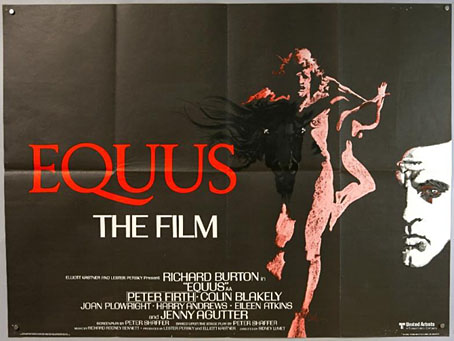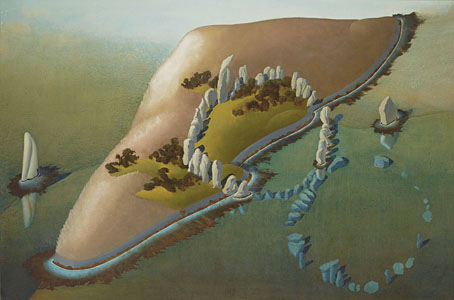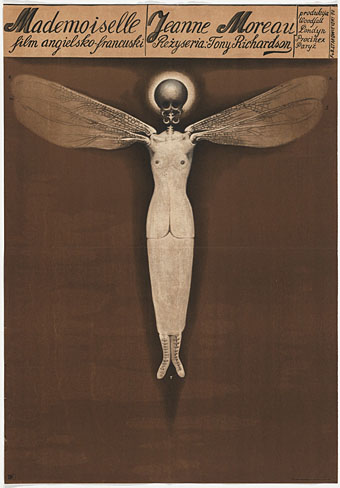The Rhinoceros (after 1620) by Albrecht Dürer.
• “Today—Tolkien, Lovecraft, Miéville and M John Harrison!” Paul StJohn Mackintosh at Greydogtales explores HP Lovecraft’s lack of interest in fictional worldbuilding. The piece includes one of my book covers (ta!) plus a link to an earlier post I wrote about the cover designs of M. John Harrison’s Viriconium books. Since I’m connected to the thesis I’ll suggest that Lovecraft was resistant to the worldbuilding impulse in part because he was almost always writing horror stories. Having studied the genre at length he was well aware of the need to leave suggestive voids for the reader’s imagination.
• RIP Denise Johnson. All the obituaries mention the big names she worked with, notably New Order and Primal Scream, but being in the pool of Manchester session artists she also appeared on a couple of records by my colleagues at Savoy. Her voice is one of those you first hear on the PJ Proby cover of I’m On Fire, while with friend Rowetta she improvised her way through a Hi-NRG original (and a favourite of Anohni’s), the scurrilous Shoot Yer Load.
• At the BFI: Axel Madsen interviews Fritz Lang in 1967; Serena Scateni on where to begin with Nobuhiko Obayashi; and Roger Luckhurst reviews the spomenik-infested Last and First Men by Jóhann Jóhannsson.
• “Be more aware of the rest of the world!” says Jon Hassell, talking to Alexis Petridis about a life spent making music.
• John Boardley on the Renaissance origins of the printed poster. Worth it for the selection of engraved details alone.
• “What Ever Happened To Chicken Fat?” Jackson Arn on a tendency to over-abundance in Jewish humour.
• Erik Davis has a new writing home at Substack that he calls The Burning Shore. Bookmarked.
• Mix of the week: The Ivy-Strangled Path Vol. XXII by David Colohan.
• Garry Hensey on The Strange World of John Foxx.
• At Dennis Cooper’s: Sergei Parajanov Day.
• Romantic Rhino (1981) by Ananda Shankar | The Lone Rhinoceros (1982) by Adrian Belew | Blastic Rhino (2000) by King Crimson





